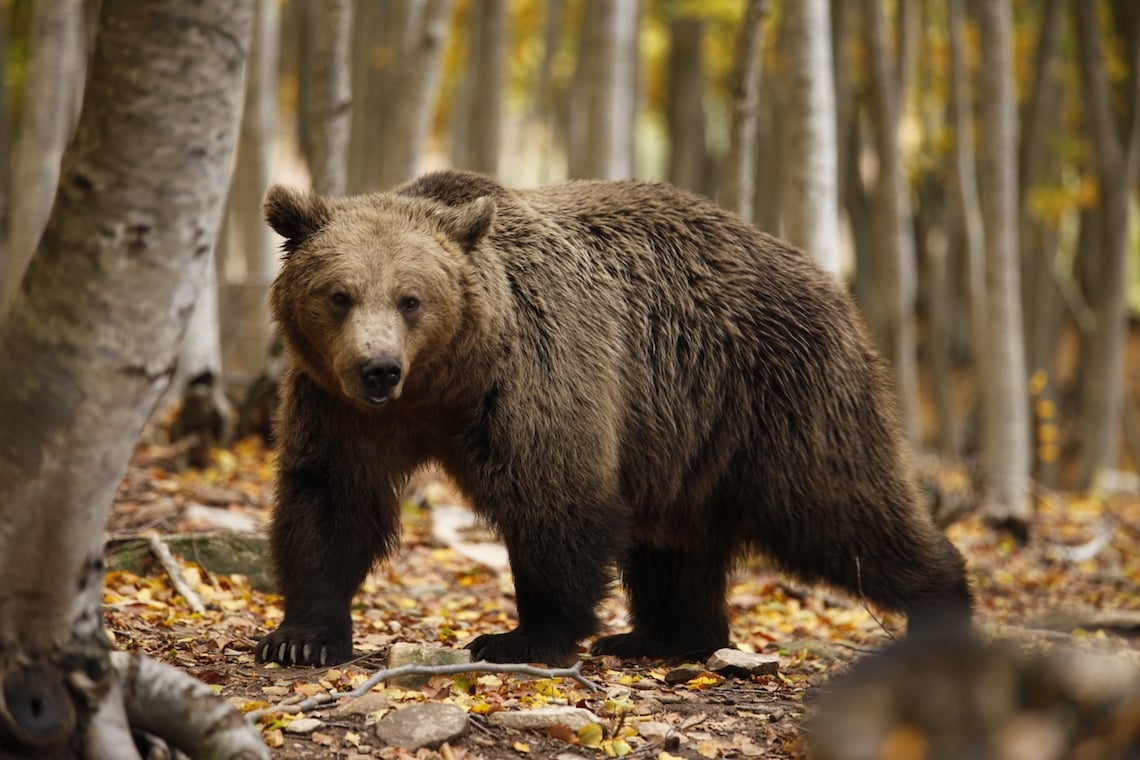
Campaign Against Trade in Wild Animals Launched in Greece
A campaign against the trade in wild animals has been launched in Greece following the death of a rare white tiger cub earlier in the week.
Hasija, the female cub, was euthanized on Monday after experts deemed that the animal was suffering and her condition was irreversible.
She was found in February under a garbage bin outside the Attica Zoological Park, east of Athens, in a desperate state.
Greece should follow Italy and ban the trade in wild animals
The Hellenic Animal Welfare Federation introduced a petition on the change.org platform calling on the Greek government to introduce a ban on the import and possession of exotic and wild animals, following the example set by Italy.
“The tiger cub found outside Athens, under a garbage can, revealed the horrific reality of the wildlife trade and, at the same time, the inadequacy of the Greek legislative framework regarding wild animals,” the petition reads.
“The cub was three months old when she was abandoned, paralyzed from the waist down. Like all white tiger cubs, Hasija was the product of inbreeding to preserve the mutated gene responsible for the white coat.
“Continued inbreeding, poor husbandry practices (removal from mother soon after birth, inadequate diet/malnutrition, box keeping, zero sun exposure) and brutal mistreatment at the hands of traders and traffickers produce animals with organic deficiencies, neurological diseases, metabolic bone diseases (bones are not formed normally) and other deformities of the skeleton that cause them unbearable pain and disabilities.
“Hasija was found with extreme deformity of the spine, pelvis, and legs, with bones breaking at the slightest touch and pressing on her internal organs.
“The mutilated cub could not be saved and was eventually euthanized. Her martyrdom shocked Greek society and revealed the horrific reality of the wildlife trade,” the petition reads.
Illegal wildlife trade has a value of $23 billion
Trade in wild animals has been a subject of great concern for both conservationists and policymakers, as it poses a threat to biodiversity and animal welfare.
The trade involves the capture, transport, and sale of live animals, animal parts, and products derived from animals. This trade takes place both legally and illegally, with the latter being more prevalent.
According to the United Nations Office on Drugs and Crime (UNODC), the illegal wildlife trade is the fourth-largest illicit market after drugs, arms, and human trafficking, with an estimated annual value of $23 billion.
The trade in wild animals is driven by various factors, including demand for traditional medicines, exotic pets, luxury goods, and food.
For instance, the use of animal parts in traditional medicine is a significant driver of trade in species such as tigers, rhinoceros, and pangolins. The exotic pet trade fuels demand for species such as primates, reptiles, and birds, which are often captured from the wild and sold to collectors around the world.
The impact of trade in wild animals on biodiversity is severe, scientists say. The illegal trade in species such as elephants, rhinoceros, and tigers has caused a significant decline in their populations. For instance, the African elephant population has declined by almost 30% over the past decade due to poaching for their ivory tusks.
The endangered status of many species is exacerbated by habitat loss, climate change, and other human activities, making the trade in their populations even more detrimental.
The trade in wild animals also poses a threat to animal welfare. Many animals are subjected to cruel and inhumane treatment during capture, transport, and handling. Exotic pets, for instance, are often kept in inadequate conditions, leading to stress, disease, and suffering.
*Τhis article is a repost from by Tasos Kikkinidis
Tags





